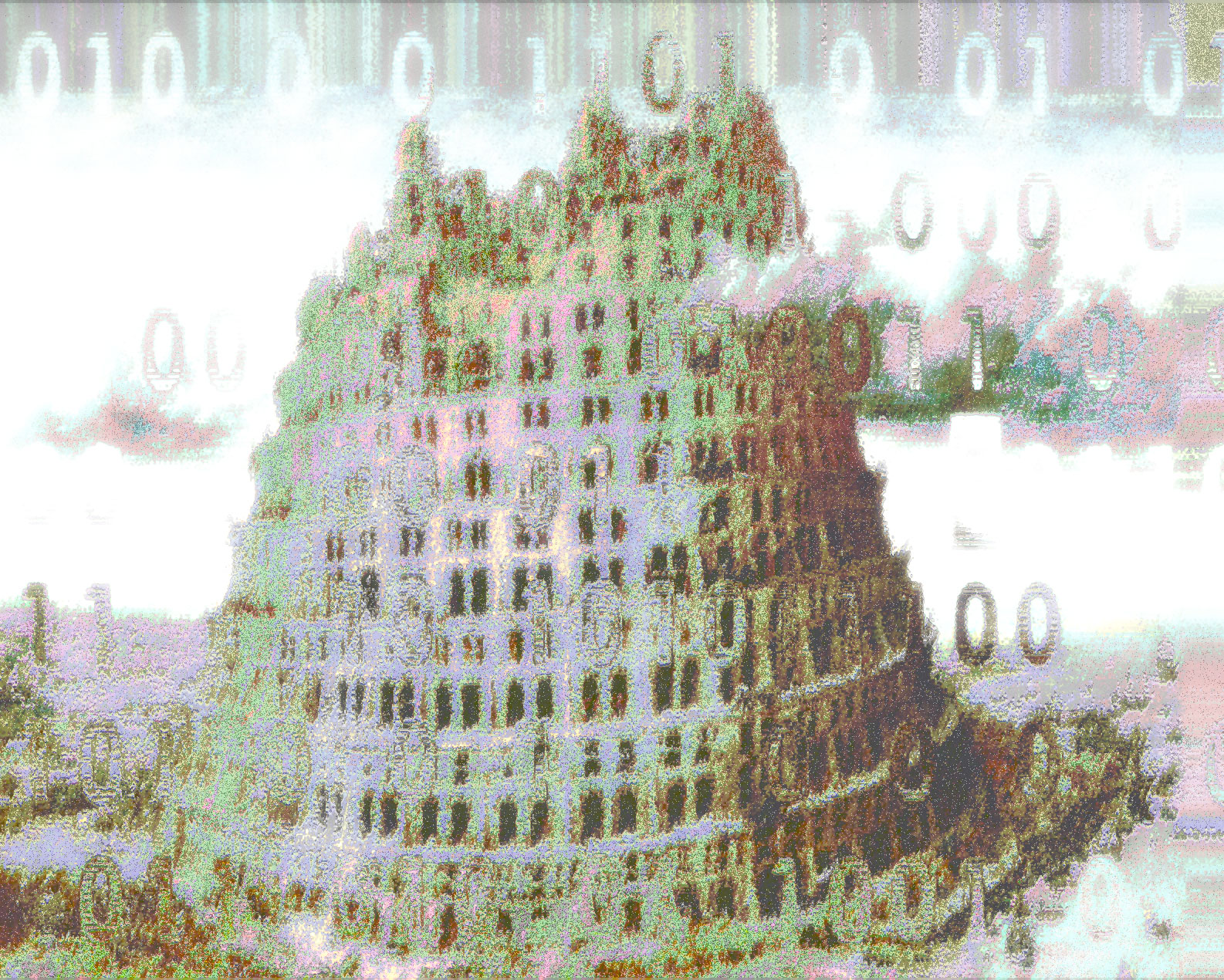Reclaiming Computation: Multilingual Programming Languages as anti-imperialist tools of resistance
Computers have a long history of engineered exclusion intertwined in its architecture, be it software or hardware, even though the mathematical foundation in which they lie upon was mostly developed by non-English speaking cultures. At the advent of personal computers, engineers prioritized the encoding of the Latin alphabet for English usage with 8-bit character encodings, keeping non-Latin languages like Arabic or Cantonese virtually impossible to be handled by the limited motherboard memory of the time. More than 40 years later, most high-level programming languages demonstrate how Western Imperialism has shaped Computer Sciences, as no broadly used PL in industry today is optimized for anyone other than English speakers. While less than 5% speaks English natively, the number of people who speak it as a second language make it one of the most widely spoken people in the world – one of the arguments behind the standardization of English-like syntax for programming. However, by looking at the unexplored venues of programming language creation as new forms of questioning why, how and by whom these technologies were shaped in a certain way, deeper conversations arise about the engineered violence and epistemological limitations of our current tools.
Ph: Violetta Wakolbinger






